"My tough childhood showed me the importance of being independent and empowered"
Model and philanthropist Noëlla Coursaris hasn’t let a difficult start in life stop her from achieving the seemingly impossible. Here, the Malaika charity founder explains what she’s learned along the way…
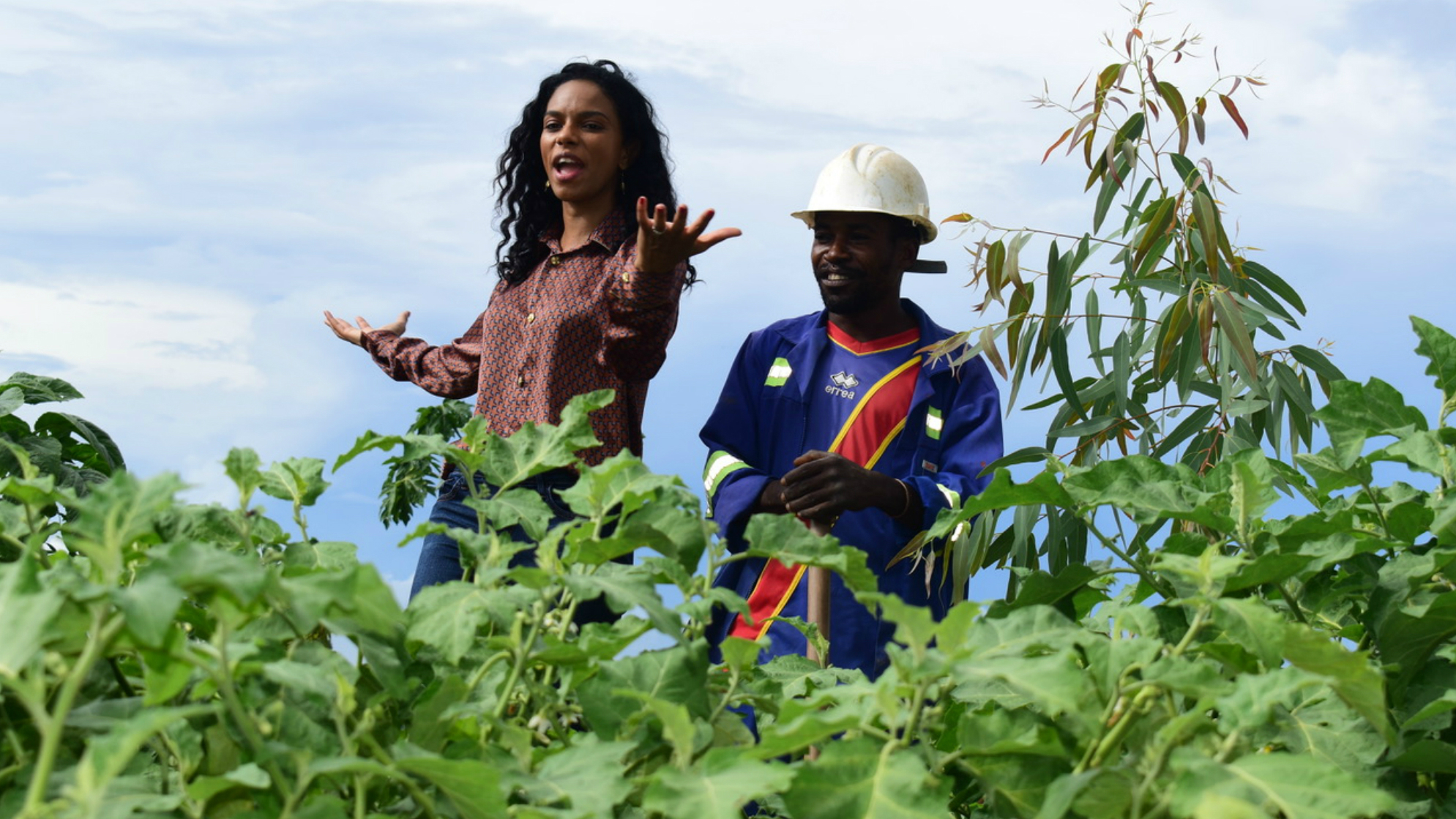
Model and philanthropist Noëlla Coursaris hasn’t let a difficult start in life stop her from achieving the seemingly impossible. Here, the Malaika charity founder explains what she’s learned along the way…
As the founder of non-profit grassroots organisation Malaika, Noëlla Coursaris is one woman who knows how to get stuff done. But her upbringing wasn’t an easy one. Born in the Democratic Republic of the Congo, Noëlla lost her father at just five years old and was sent to live with relatives in Belgium when her mother couldn’t afford to support her. It meant having little contact with her mother growing up, speaking just a few times. When Noëlla finally returned to her hometown after 13 years – having since found success as a model – the staggering lack of opportunities for women left her shocked. Feeling she had to do something, Noëlla set up Malaika in 2007 with the aim of empowering Congolese girls and their communities through health and education programmes. To date, she has overseen the development of both a school and community centre for young people and adults, and wells that provide clean water for over 30,000 people annually. Here’s what she’s learned…
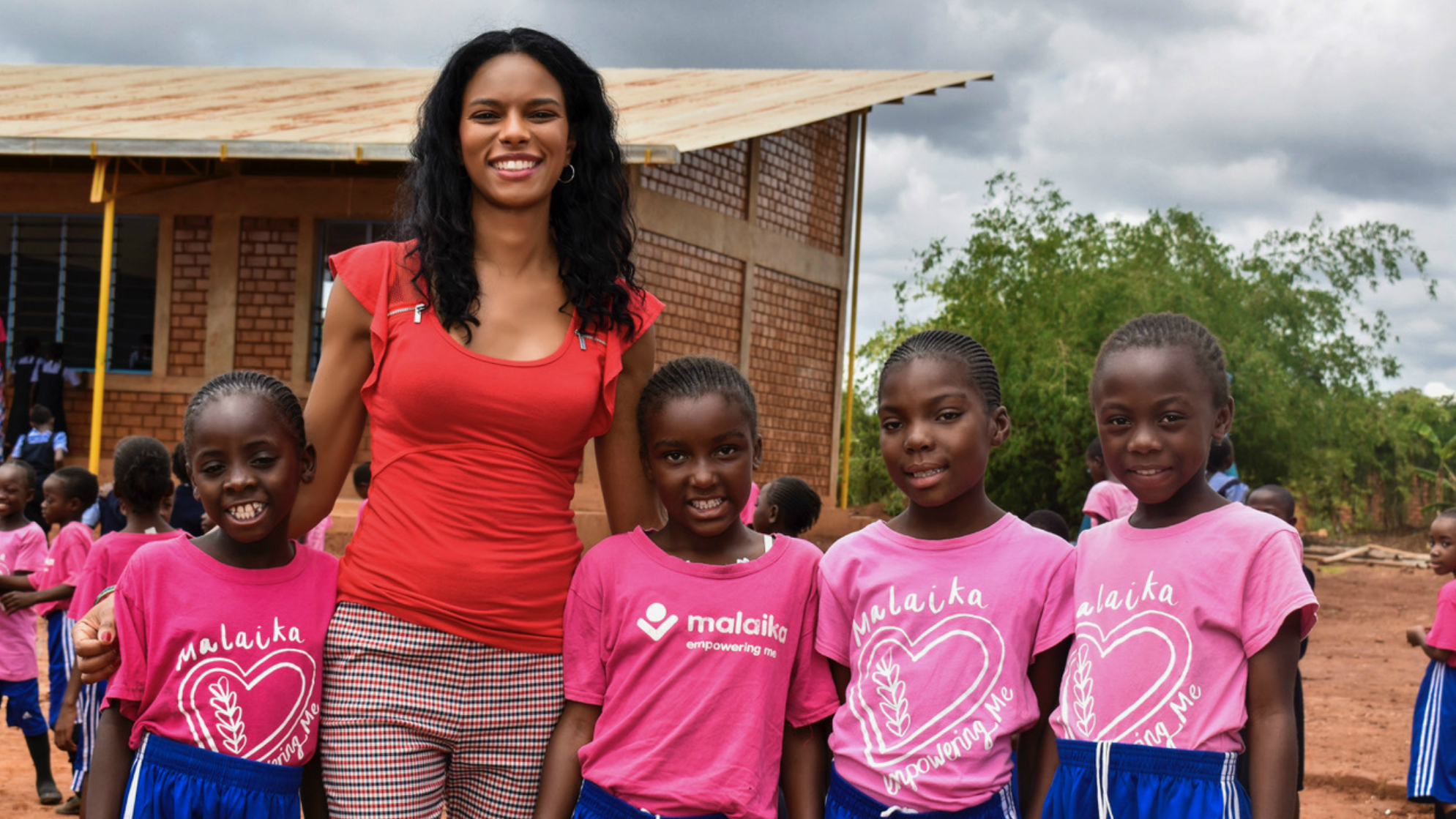
Your past is not your future
Sometimes I can’t believe how far Malaika has come. I had a very tough childhood because my Dad died when I was five and my Mum didn’t have money to keep me. When I went back to see my mum after 13 years, she was living in bad conditions and was very poorly. But I was lucky to have a good education and my childhood showed me how important it is for women to be independent, educated and empowered - that was always my goal and what kept me going. Now when I visit the school and speak with the girls there, I think about what their lives would be like without it. They don’t have water or electricity in their homes but they have so much confidence and their own dreams, it’s amazing.
Goals grow and change
When I started Malaika over 12 years ago, our first programme was sponsoring girls who’d been abandoned and sexually abused. But it was proving difficult - we wanted to help the girls with their studies and home lives, but there were too many people involved. So we decided to build a school where we could be in control of the curriculum and everything else affecting them (when we started we had 104 students and now we have 340, plus 40 staff). Then we realised the village the school is based in has no water or electricity, so before we could build the school we had to build a well. It meant we then focused on water sanitisation, building 19 wells over 12 years. We’ve really had to think of everything – from building a community centre to teach parents and boys how to read, write and sew (the mothers make uniforms for the students) to growing our own food for the canteen. It’s become a huge project - I never imagined it would grow like this.
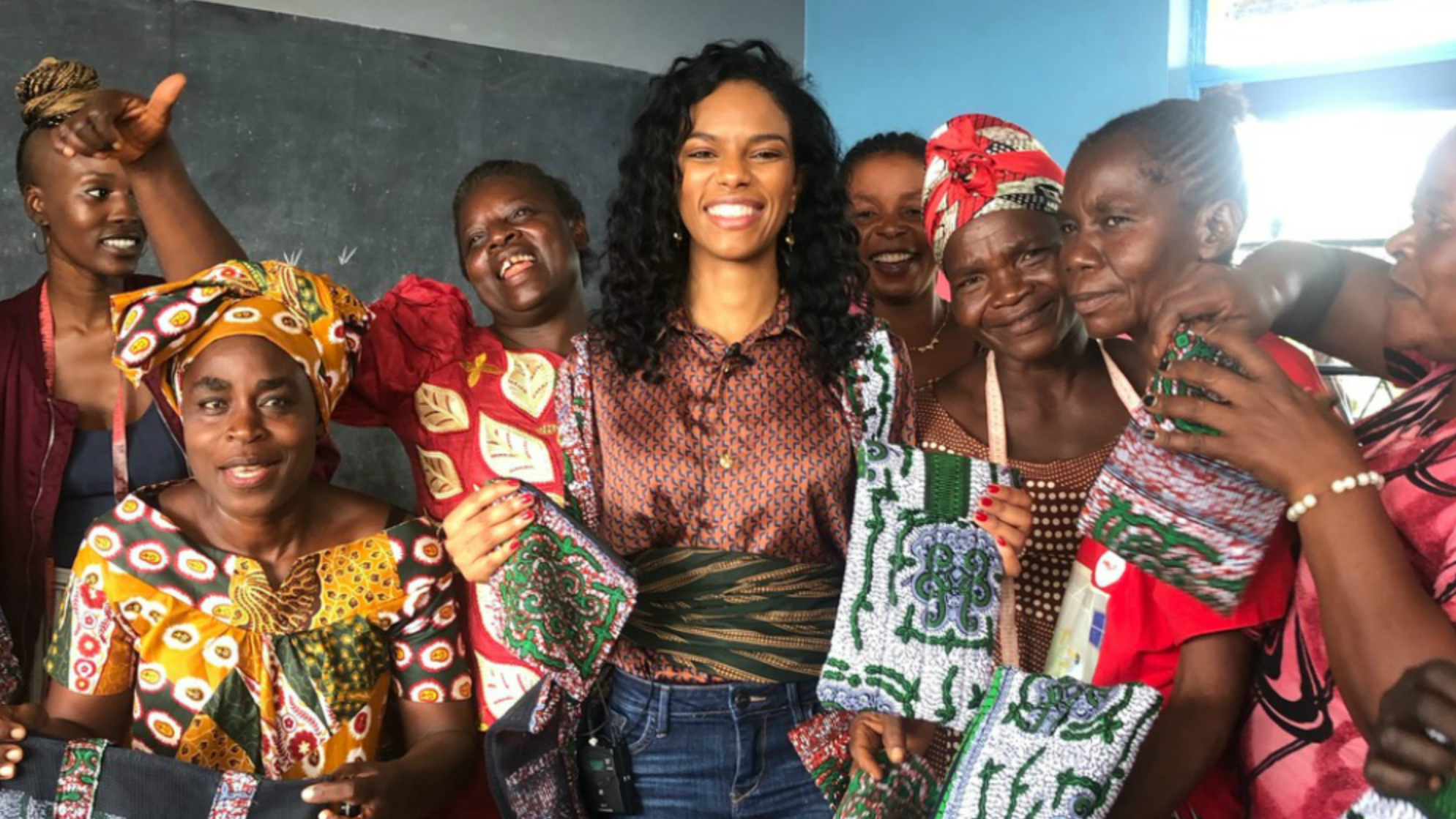
Boundaries are crucial
I’m involved with everything ‘Malaika’ 100% - I don’t just put my name on things, I follow every step and work long days on projects, going twice a year to the Congo and speaking regularly at conferences. It means I know the school, students, parents and everything that’s going on at all times and am often confronted with people wanting things. Because I’m very ‘person-focused’, it’s important to take time just to be by myself - I close myself off from work and my phone. That’s the reason I live in Cheltenham - I used to live in London but there were always so many events and meetings, so now when I’m with my kids I’m focused on them. That means I can give 100% to everything – boundaries are important.
Not everybody can be a philanthropist
I don’t think we all have a mission to do something like this [Malaika] because to be able to give, you have to be very content and happy with yourself. I’ve seen a lot of programmes collapse due to funds and a lack of leadership - you have to be very careful when, where and how you give to people. Not everybody can give back in this way and sometimes it’s better to donate to a foundation you really believe in, or give up your skills or time only when you can. There are a number of different ways you can help others, but life is demanding and you can’t give it to everybody or help the whole world, you have to follow your instincts.
Marie Claire Newsletter
Celebrity news, beauty, fashion advice, and fascinating features, delivered straight to your inbox!
Sophie Goddard is the Entertainment Editor of Marie Claire UK, as well as working across other titles in a freelance capacity. She has over 10 years journalism experience working on both digital and print platforms and prior to Marie Claire, worked at Glamour and Cosmopolitan magazine. Sophie writes about a number of topics, specialising in celebrity interviews and features. At Marie Claire, she is responsible for booking and interviewing cover stars and other celebrity interviews and is always open to pitches from publicists (she is always open to discussing sausage dogs, too).
-
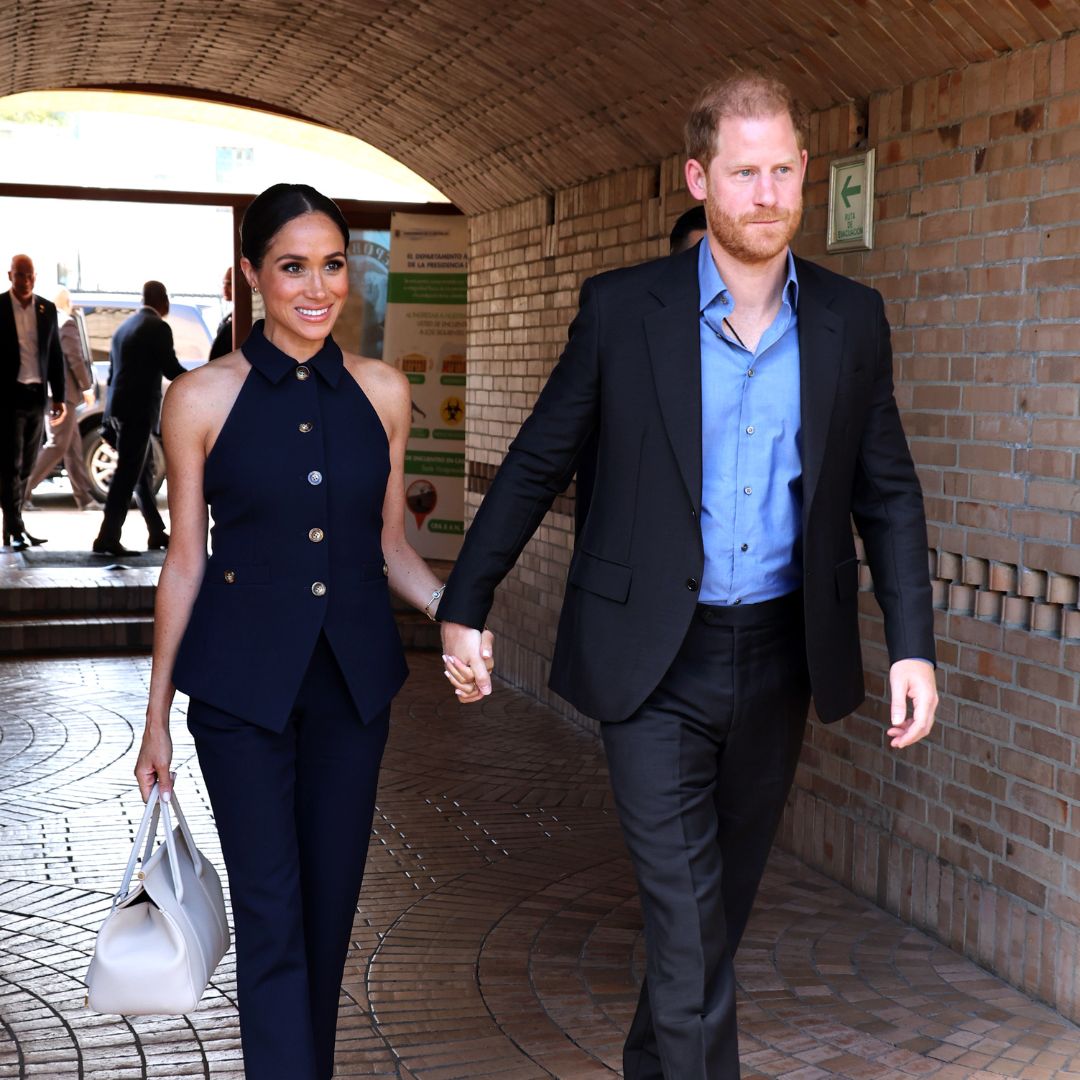 Prince Harry's "proud" words about wife Meghan Markle are going viral
Prince Harry's "proud" words about wife Meghan Markle are going viralBy Jenny Proudfoot
-
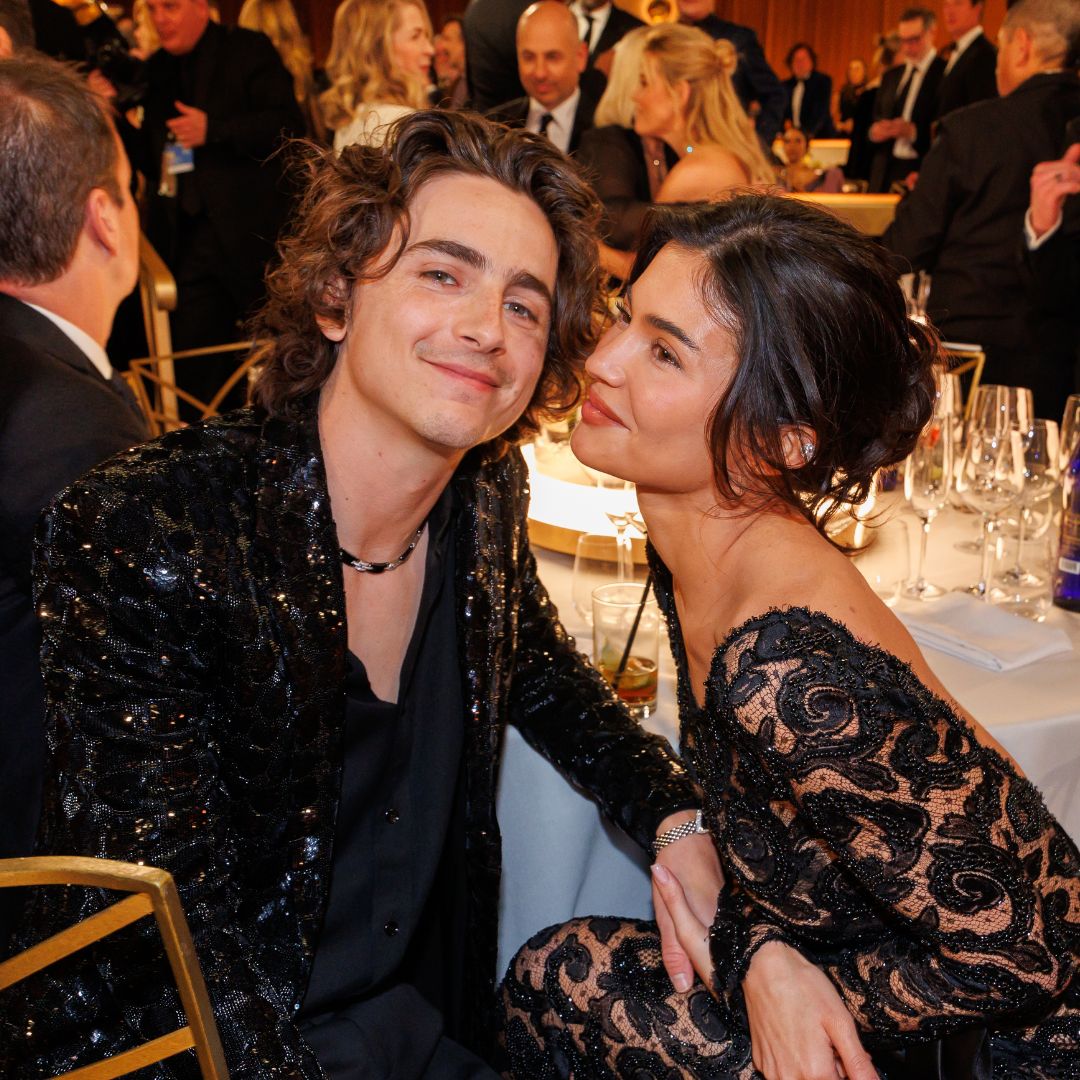 Sources have opened up about Timothée Chalamet and Kylie Jenner's "intense" start to the year
Sources have opened up about Timothée Chalamet and Kylie Jenner's "intense" start to the yearBy Jenny Proudfoot
-
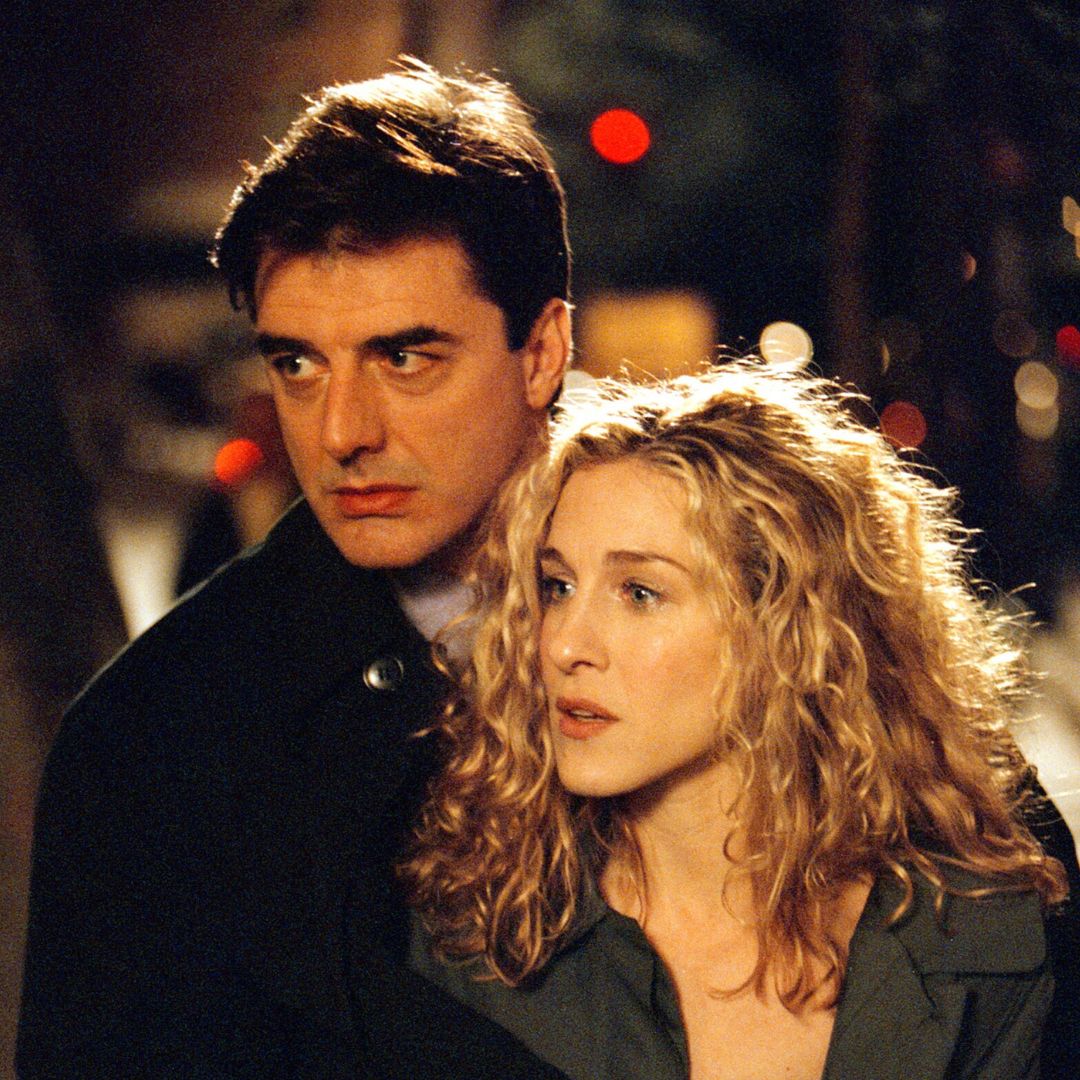 Two Hollywood actresses were offered the role of Carrie Bradshaw before Sarah Jessica Parker
Two Hollywood actresses were offered the role of Carrie Bradshaw before Sarah Jessica ParkerBy Jenny Proudfoot